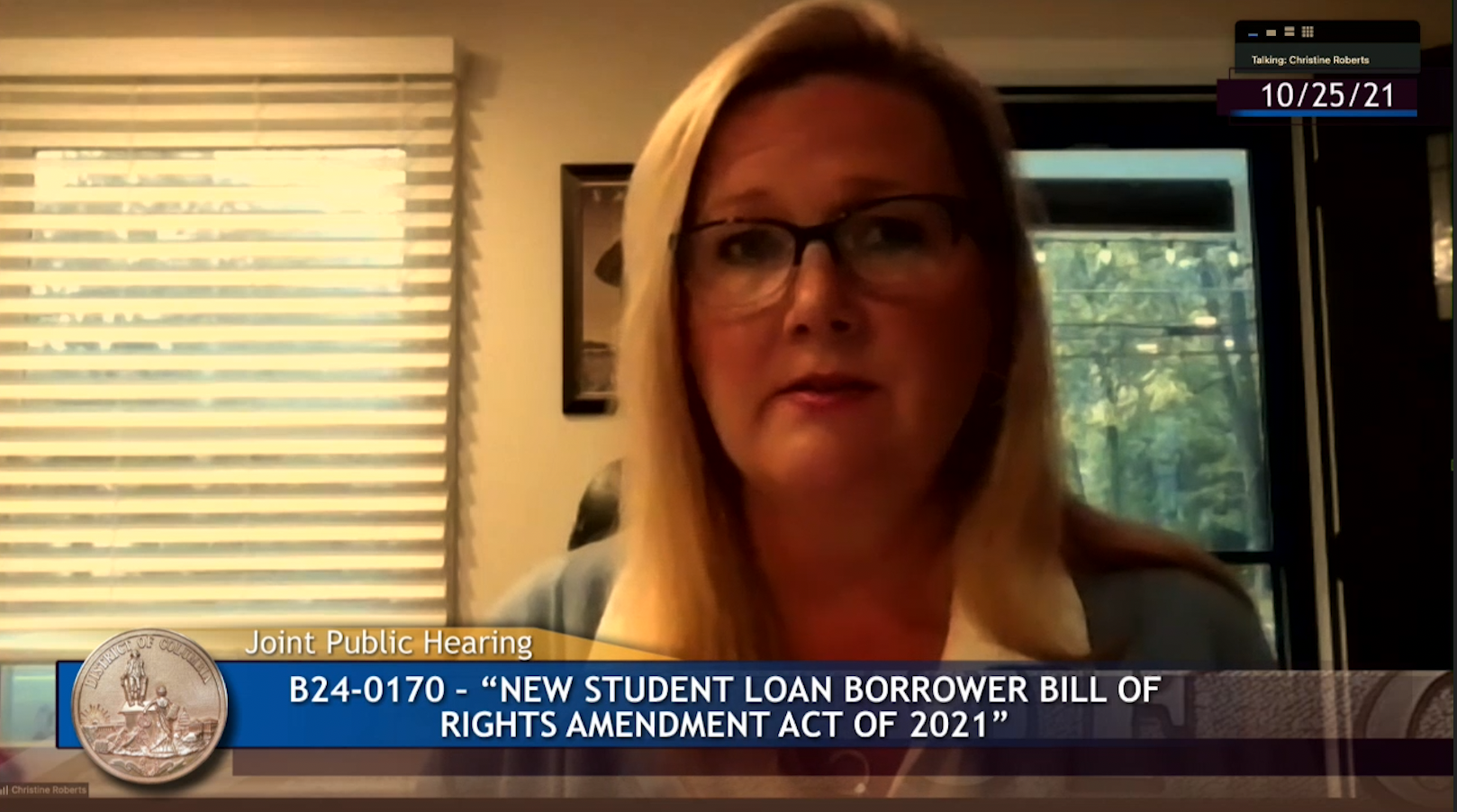CBA Writes House Financial Services Committee on Student Lending

CBA Writes House Financial Services Committee on Student Lending
WASHINGTON – The Consumer Bankers Association wrote the House Financial Services Committee to discuss needed student lending reforms in advance of the committee’s hearing examining student debt and non-bank student loan servicers, which primarily work to collect federal student loans.
“As lawmakers look for solutions to help borrowers get out from under the growing and worrisome student debt crisis, it is important to have a clear understanding of the crux of the problem,” CBA President and CEO Richard Hunt wrote the committee. “Student loan debt in America currently stands at $1.58 trillion. The federal government dominates the market, holding an astonishing 92 percent or $1.44 trillion of this debt. With one in five federal borrowers seriously delinquent or in default and many experiencing increasing loan balances post-graduation, it is clear federal student loans are driving this crisis.”
Private student loans, by comparison, have a successful repayment rate of approximately 98 percent and CBA members discharge student loans in the case of borrower death or disability.
A copy of CBA’s letter to the committee is available here.
CBA also wrote the committee discussing various student loan related bills being discussed. That letter is available here.
In the letter, CBA called on Congress to address the cost of college, which according to the Federal Reserve Bank of New York is driven in part by federal over-lending. Improving up-front disclosures and bringing them in line with those currently offered by private lenders which detail the terms and conditions of federal loans should be a first step.
Earlier this year, CBA called on the Department of Education and Consumer Financial Protection Bureau to work together to improve federal loan disclosures. A copy of that letter is available here.
CBA also discussed the need for the committee to oppose state-level student lending laws that reduce the ability of federal agencies to oversee financial institutions and create an intersecting web of conflicting state provisions.
CBA members include private sector lender who make the majority of non-federal, private student loans.
To learn more about CBA’s work to improve the student loan marketplace, please visit ConsumerBankers.com/EducationFunding.
To help ensure the federal government responsibly serves those with the most need and takes steps to begin reducing the cost of college, CBA has recommended the following measures:
- Increasing the availability of Pell Grants;
- Ending unlimited PLUS loan borrowing to help reduce tuition increases;
- Implementing “Know Before You Owe” disclosures to clearly explain the terms of federal loans;
- Renaming so-called “Award” letters provided by colleges to the more accurate “Financing” letters and having them clearly differentiate loans from grants and scholarships;
- Requiring school certification of private education loans;
- Utilizing economist-preferred fair value accounting to show the true cost of federal student loans; and
- Requiring detailed public reports on the performance of the federal government’s direct loan portfolio.
###
About the Consumer Bankers Association:
The Consumer Bankers Association represents America’s leading retail banks. We promote policies to create a stronger industry and economy. Established in 1919, CBA’s corporate member institutions account for 1.7 million jobs in America, extend roughly $4 trillion in consumer loans and provide $275 billion in small business loans annually. Follow us on Twitter @consumerbankers.


